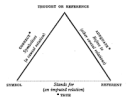Urdlen's best boy
Deep Crawler
- Joined
- May 23, 2023
- Messages
- 883
- Reaction score
- 1,879
Epilogue
Epilogue
This "joy" which I have selected as the mark of the true fairy-story (or romance), or as the seal upon it, merits more consideration.
Probably every writer making a secondary world, a fantasy, every sub-creator, wishes in some measure to be a real maker, or hopes that he is drawing on reality: hopes that the peculiar quality of this secondary world (if not all the details) are derived from Reality, or are flowing into it. If he indeed achieves a quality that can fairly be described by the dictionary definition: "inner consistency of reality," it is difficult to conceive how this can be, if the work does not in some way partake of reality. The peculiar quality of the "joy" in successful Fantasy can thus be explained as a sudden glimpse of the underlying reality or truth. It is not only a "consolation" for the sorrow of this world, but a satisfaction, and an answer to that question, "Is it true?" The answer to this question that I gave at first was (quite rightly): "If you have built your little world well, yes: it is true in that world." That is enough for the artist (or the artist part of the artist). But in the "eucatastrophe" we see in a brief vision that the answer may be greater—it may be a far-off gleam or echo of evangelium in the real world. The use of this word gives a hint of my epilogue. It is a serious and dangerous matter. It is presumptuous of me to touch upon such a theme; but if by grace what I say has in any respect any validity, it is, of course, only one facet of a truth incalculably rich: finite only because the capacity of Man for whom this was done is finite.
I would venture to say that approaching the Christian Story from this direction, it has long been my feeling (a joyous feeling) that God redeemed the corrupt making-creatures, men, in a way fitting to this aspect, as to others, of their strange nature. The Gospels contain a fairystory,or a story of a larger kind which embraces all the essence of fairy-stories. They contain many marvels—peculiarly artistic, beautiful, and moving: "mythical" in their perfect, self-contained significance; and among the marvels is the greatest and most complete conceivable eucatastrophe. But this story has entered History and the primary world; the desire and aspiration of sub-creation has been raised to the fulfillment of Creation. The Birth of Christ is the eucatastrophe of Man's history. The Resurrection is the eucatastrophe of the story of the Incarnation. This story begins and ends in joy. It has pre-eminently the "inner consistency of reality." There is no tale ever told that men would rather find was true, and none which so many sceptical men have accepted as true on its own merits. For the Art of it has the supremely convincing tone of Primary Art, that is, of Creation. To reject it leads either to sadness or to wrath.
It is not difficult to imagine the peculiar excitement and joy that one would feel, if any specially beautiful fairy-story were found to be "primarily" true, its narrative to be history, without thereby necessarily losing the mythical or allegorical significance that it had possessed. It is not difficult, for one is not called upon to try and conceive anything of a quality unknown. The joy would have exactly the same quality, if not the same degree, as the joy which the "turn" in a fairy-story gives: such joy has the very taste of primary truth. (Otherwise its name would not be joy.) It looks forward (or backward: the direction in this regard is unimportant) to the Great Eucatastrophe. The Christian joy, the Gloria, is of the same kind; but it is preeminently (infinitely, if our capacity were not finite) high and joyous. But this story is supreme; and it is true. Art has been verified. God is the Lord, of angels, and of men—and of elves. Legend and History have met and fused.



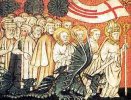

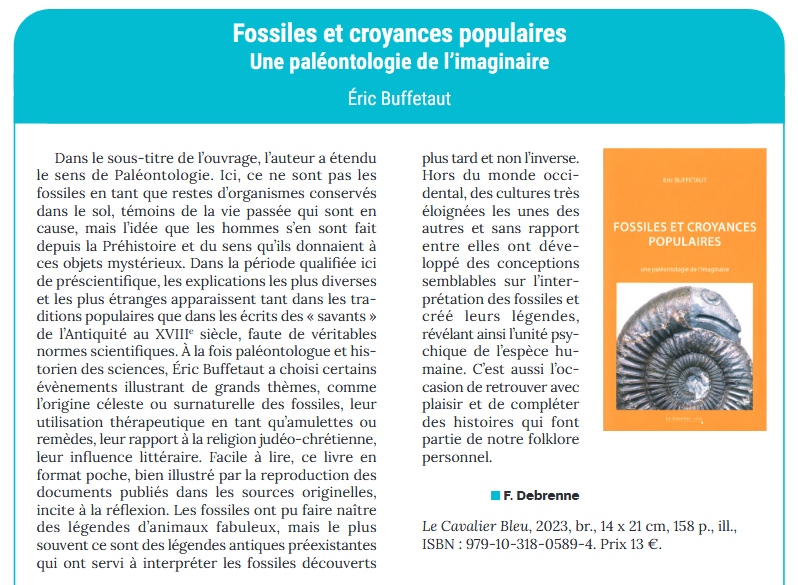

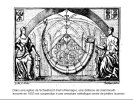
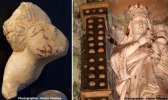
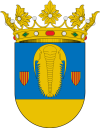
 !
!


